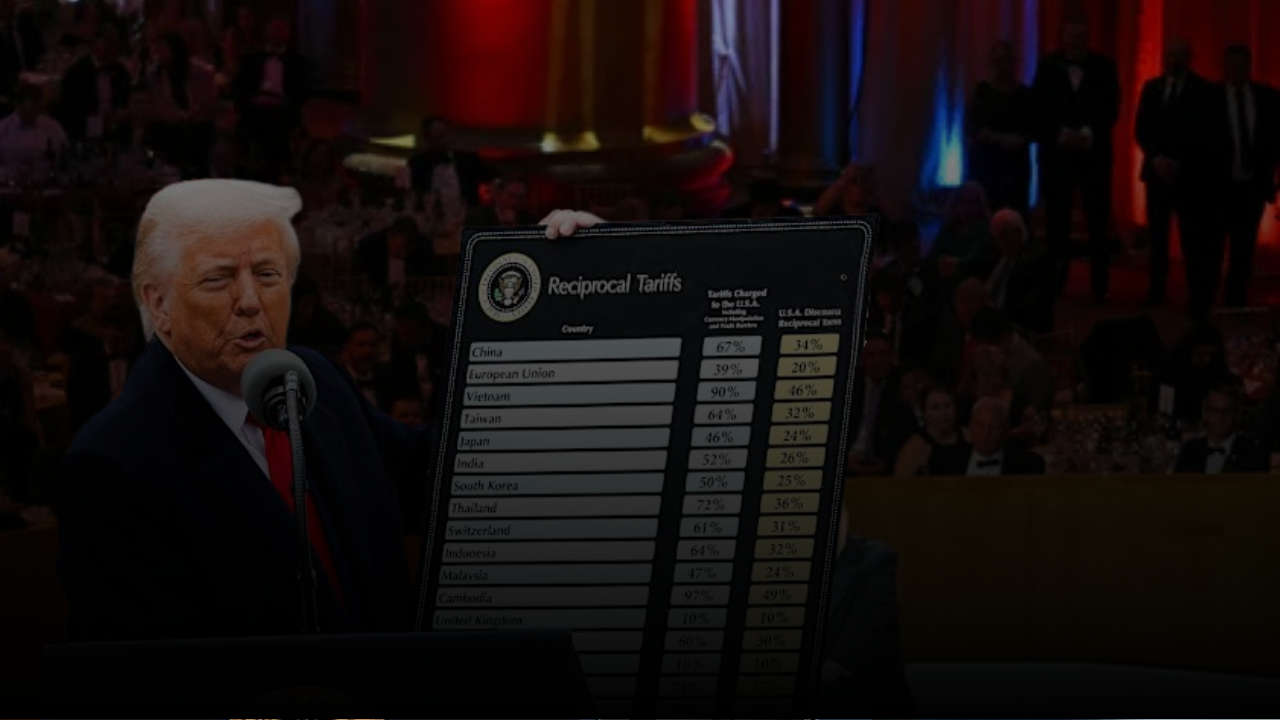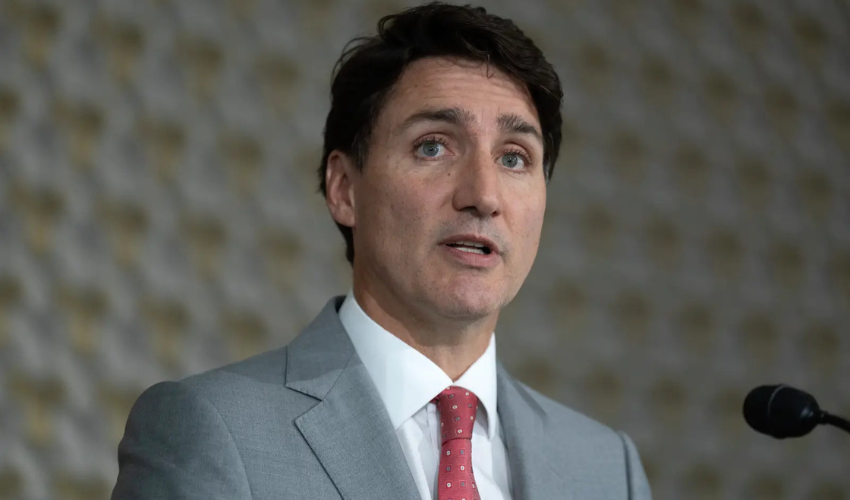Republicans in the U.S. House of Representatives are advancing a procedural rule aimed at shielding former President Donald Trump’s controversial tariff policy from congressional review. On Wednesday, the House Rules Committee approved a provision embedded within a broader resolution on the federal budget that would effectively prevent lawmakers from voting to overturn Trump’s newly imposed import tariffs.
The rule would delay any House vote on a resolution disapproving of Trump’s April 2 declaration of a national emergency — the legal mechanism he used to introduce sweeping new tariffs — until October. This procedural move blocks the expedited process typically allowed under the National Emergencies Act, which usually mandates a 15-day window for floor votes on disapproval measures.
By suspending the countdown between April 9 and September 30, the Republicans are aiming to prevent House Democrats from fast-tracking a vote that could challenge Trump’s use of executive authority on trade policy. The move mirrors past tactics used by Republican leadership to protect Trump’s earlier tariffs on countries such as China, Mexico, and Canada.
Democrats, however, have slammed the GOP’s maneuver as an undemocratic effort to obstruct congressional oversight and silence debate. Representative Teresa Leger Fernandez of New Mexico criticized the rule, saying: “We only need four Republicans to stand with us to allow a vote on these harmful tariffs. Blocking debate like this is hurting American families.”
Representative Suzan DelBene of Washington echoed those concerns, arguing that Congress should have a voice in deciding tariff policy. “It’s terrible that my colleagues on the other side of the aisle aren’t even willing to let us vote,” she said.
Despite the procedural blockade, Democrats could still pursue a discharge petition — a more difficult and time-consuming route to force a vote without leadership approval.
Representative Gregory Meeks of New York, who introduced the resolution to end the emergency declaration, vowed to continue pushing for congressional action. “They can run but they can’t hide,” Meeks said. “At some point, they will have to go on record.”
Republicans defended their actions, arguing that the use of procedural tools is common practice in Congress. Rules Committee Chair Virginia Foxx of North Carolina reminded critics that Democrats had used similar strategies in the past, including to block votes on ending the Covid-19 emergency when they held the majority.
House Speaker Mike Johnson defended Trump’s tariff strategy as a legitimate exercise of presidential authority. “This is part of the president’s job — to negotiate with other countries and protect American interests. He’s doing that very effectively,” Johnson stated, emphasizing that the tariffs align with the “America First” agenda.
The GOP’s move comes amid Trump’s announcement of a major shift in tariff policy. On Wednesday, he paused tariff hikes for most countries for 90 days but raised them significantly — up to 125% — for Chinese imports. The decision adds to the urgency among Democrats, who argue that unchecked presidential power on trade could have dire consequences for the U.S. economy.
While the rule change delays immediate legislative action, it has intensified the political battle over Trump’s tariff policy and raised broader concerns about the balance of power between Congress and the presidency.



